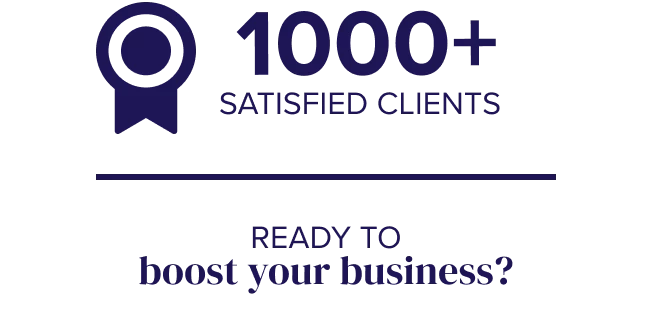Understanding accountancy jargon
Do you know your accounts receivable from your accounts payable? Your fixed assets from your current assets? Your ROI from your COGS? Every industry has its own terminology, acronyms, and abbreviations but sometimes if you aren’t familiar with the words being used, it can all start to sound like gobbledegook.
Accountancy is no different and the jargon used might sometimes feel overwhelming, particularly when the pressure is on to file tax returns or query something with HMRC for your business. But, however daunting the jargon, legislation, and accountancy practices may seem, you’ll need to embrace and engage with them in order to run your business effectively.
So, let’s take a look at some of the more commonly used accountancy terms…
Commonly used accountancy terms explained
Accounts receivable (AR) – Monies owed to an organisation by its clients/customers that they are legally obliged to pay.
Accounts payable (AP) – Monies owed by an organisation to a third party, such as a vendor or supplier. Accounts payable appear as a liability on a balance.
Balance sheet (BAL SH) – A standard financial statement which shows a business’s current financial situation, including its assets and liabilities. It is essentially a snapshot of the business from a financial viewpoint.
Cash flow (CF) – The money which moves in and out of a business during a specified time frame.
Cost of Goods (GOGS) – The direct cost to a business of producing its products.
Return on Investment (ROI) – Written as a percentage, it is the percentage return – the profit (or sometimes loss) – generated by the investment made.
Working Capital (WC) – The amount of money which could be available in a business. It is calculated by deducting current liabilities from current assets and is often used to measure an organisation’s ability to cover its upcoming costs.
Working with accountants and advisors to gain clarity
Of course, the above is a quick spotlight on just some of the terms you will come across. A good accountant will take time to clearly explain what things mean and will be more than happy to answer questions and give clarification on anything finance related, including explaining jargon and defining accounting terminology.
At Ellis & Co, our aim is to use clear language in all conversations and correspondence with our clients. We are always happy to explain and discuss anything that might seem overcomplicated or confusing as when it comes to your accounts, we want you to understand them and have confidence in using that information to inform your business decisions.
Whether you are looking to start a new business or require accountancy services to support an established business, get in touch. Our team of advisors are here to help and provide clarity on all aspects of your business accounts and finances.





